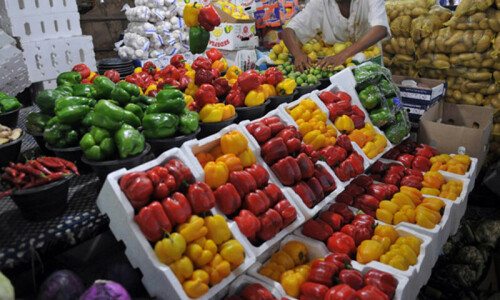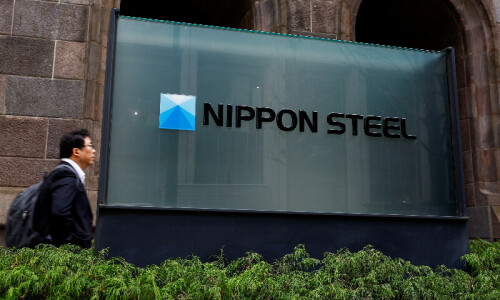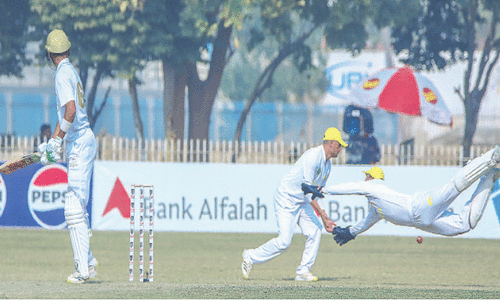COLOMBO: Sri Lanka’s prime minister-elect Ranil Wickremesinghe is a champion of free enterprise who has managed to win economic and political support from both the West and India in his eight months in office.
The 66-year-old was handpicked by President Maithripala Sirisena to lead a minority government after the shock ousting of the country’s long-time leader Mahinda Rajapakse in January.
His United National Party won Aug 17 general election, thrusting the party back into power and giving him a fourth stint as head of government.
The veteran politician could be more powerful this time around, with Sirisena promising to return the Indian Ocean nation to a parliamentary democracy.
Under reforms pledged in January, Sirisena wants to transfer many of the president’s executive powers, amassed by Rajapakse during his decade-long rule, back to the premier.
Wickremesinghe, a nephew of Sri Lanka’s first executive president, Junius Jayewardene, almost became a reporter.
But a government takeover of his family’s newspaper in 1973 deprived him of a journalism career and he went into politics instead.
He rose to be prime minister in May 1993, when a suicide bomber assassinated president Ranasinghe Premadasa.
A similar incident arguably cost him the presidency in December 1999 when Chandrika Kumaratunga, the daughter of the country’s well-known Bandaranaike dynasty, was wounded in a suicide bomb attack.
The attackers struck just three days before the presidential election and Kumaratunga went on to win narrowly on a wave of sympathy.
Wickremesinghe got his second chance in 2002, when he was credited with pulling the country out of its first ever recession and boosting economic growth to 4.0 per cent.
In his campaign for a fourth term in office, he has pledged to overhaul Sri Lanka’s dismal human rights record and create a “brand new country in 60 months”.
Sri Lanka came in for strong criticism over its rights record under Rajapakse, who resisted UN calls to investigate allegations that at least 40,000 Tamil civilians were killed by government forces in 2009 during the final stages of the decades-long war against Tamil separatist guerrillas.
Wickremesinghe has taken a more accommodating stance, pledging at his final pre-election press conference to address the issue.
“What I promise is a new country in 60 months [the term of parliament],” he said.
But he faces a tough task in coming months, with the UN Human Rights Council set to publish a long-awaited report examining alleged atrocities during the war.
The report is likely to reopen old wounds in Sri Lanka and lead to a push for greater reconciliation between ethnic minority Tamils and majority Sinhalese.
On the international front, Wickremesinghe is expected to continue to foster closer relations with neighbouring India and steer Colombo away from China in a rebalancing of relations after Rajapakse spent years cultivating close ties with Beijing.
He is also likely to keep pushing to attract foreign companies to start manufacturing their products in Sri Lanka for export abroad.
Published in Dawn, August 20th, 2015
On a mobile phone? Get the Dawn Mobile App: Apple Store | Google Play














































